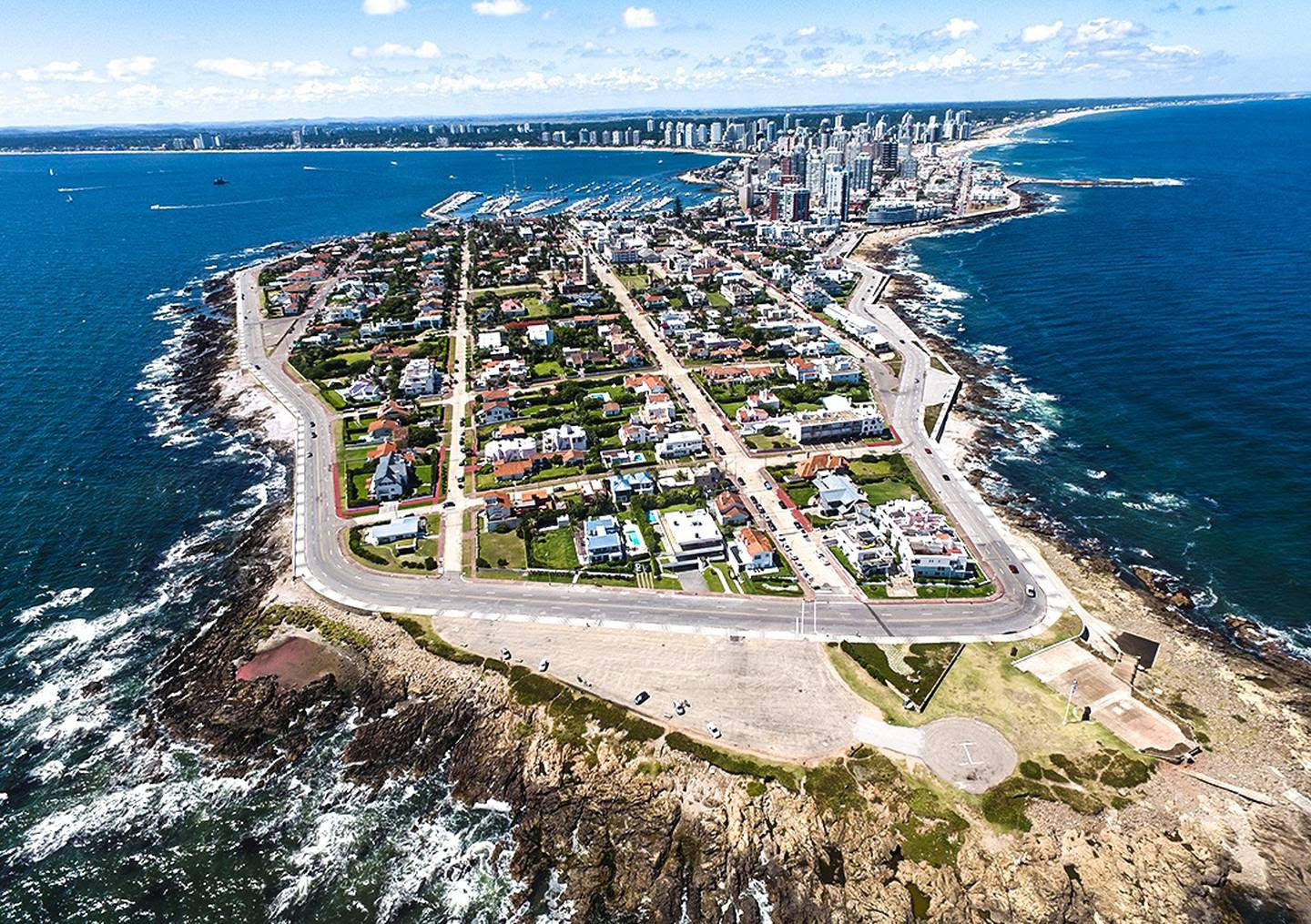By Francisco Aldaya
On Monday, the Government of Uruguay announced the implementation of a special residence permit for digital nomads, intending to encourage the arrival of foreigners wishing to work in the country.
The measure was established by approving Decree 238/022 and creating an online form to complete the procedure.
The “provisional identity card” for digital nomads consists of a residence permit for those who work for foreign companies or are self-employed, as reported by the Government in the official portal Uruguay XXI.

It will be granted for six months and may be renewed.
If digital nomads decide to stay more than six months in Uruguay, they can apply for temporary or permanent residence.
In Uruguay, the export of technology services is tax-exempt, something the Government describes as “a great advantage for digital nomads working in technology”.
In 2022, Uruguay exported services totaling US$5.449 billion, or 47% more than in 2021.
Three technological unicorns were born in the country, PedidosYa, dLocal, and Nowports, and the Argentines and founders of MercadoLibre, Nubank, and Globant, Marcos Galperin, David Vélez, and Martín Migoya, currently reside in the country.
After entering Uruguay as an ordinary tourist, those who wish to apply for a residence permit for digital nomads must complete an online form with their data and sign an affidavit to ensure they have the necessary economic resources to support themselves during the corresponding period.
During the Test & Invest event, organized by the Inter-American Development Bank at the end of 2022, the president of Uruguay, Luis Lacalle Pou, stated that Uruguay positioned itself as an attractive destination for digital nomads during the pandemic thanks to the quality of its infrastructure, stability, and economic, legal and social security, as well as its high quality of life.
According to data from the World Economic Forum, 35 million digital nomads exist worldwide.
A report by the US business platform MBO Partners published in 2022 indicates that 72 million people of US origin plan to become digital nomads in the next two to three years.
In Uruguay, the export of technology services is tax-exempt, something the Government describes as “a great advantage for digital nomads working in technology.”
HOW TO APPLY FOR RESIDENCY
As the Uruguayan Government explains, the process consists of two parts.
“To apply for a six-month stay as a digital nomad, after entering Uruguay as a regular tourist, applicants complete an online form with personal data and sign an affidavit stating that they have the means to support themselves financially during their stay in the country,” they note.
Regarding the digital nomad extension, “applicants must prove that they have no criminal record in any countries where they have lived for more than six months in the last five years.”
“A vaccination certificate issued in Uruguay is also required.”
With information from Bloomberg

